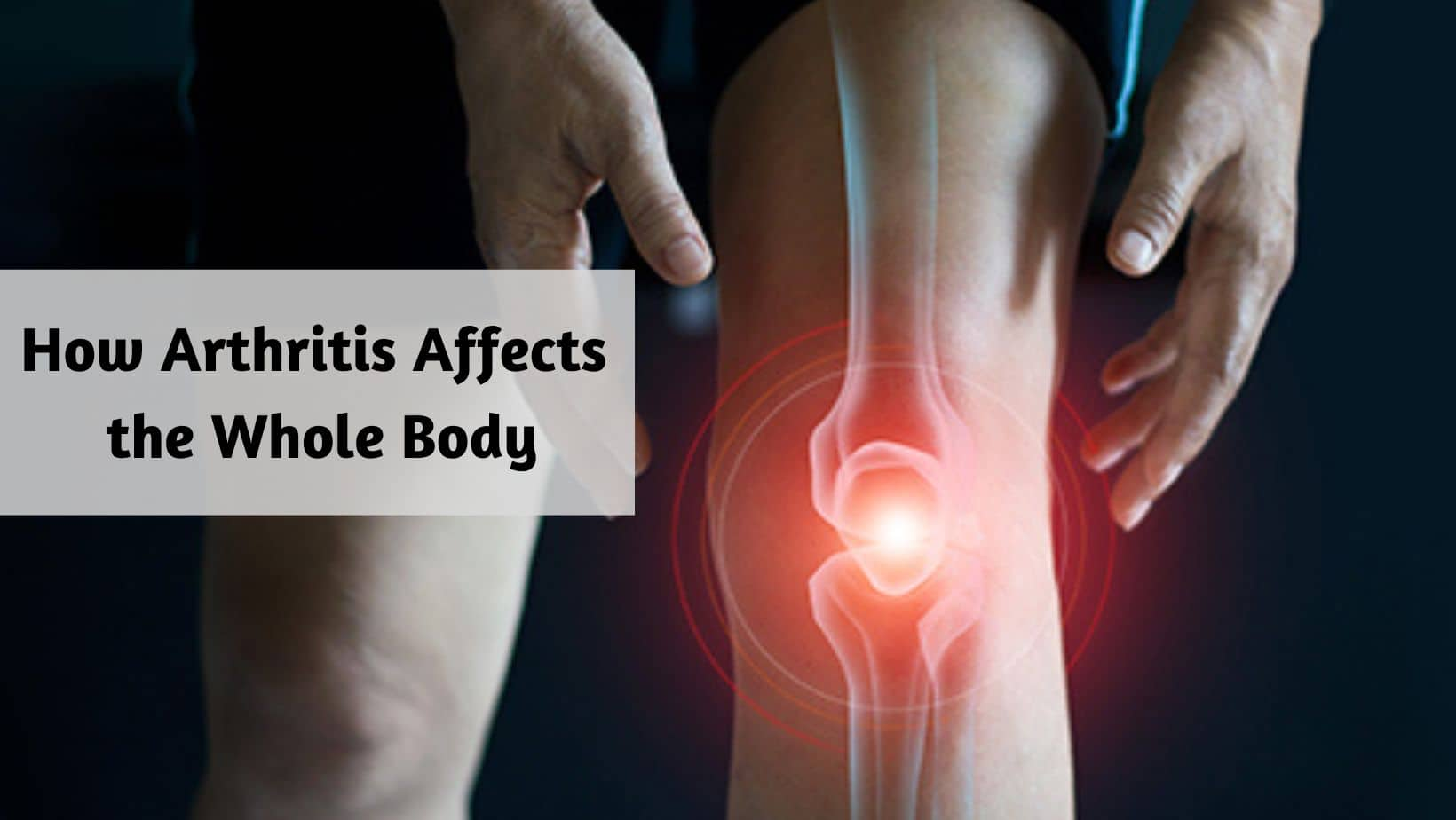 Signs And Symptoms of Cancers In The Reproductive System – Read on to know the types of cancers that occur in the women’s reproductive system and their associated symptoms.
Signs And Symptoms of Cancers In The Reproductive System – Read on to know the types of cancers that occur in the women’s reproductive system and their associated symptoms.
Gynecological cancers can be fatal if not diagnosed or treated in the early stages. Sadly, there are not no screening tests for some cancers that occur in the women’s reproductive system. Hence, knowing the signs and symptoms of such cancers is important to identify the condition earlier.
Are you dealing with any gynae issues or bodily changes that indicate cancers in the reproductive system. Get to know all about gynecological cancers from Dr. Nagaveni. R, Consultant Obstetrician and Gynaecologist, Motherhood Hospitals, HRBR Layout Bangalore.
Understand gynecological cancers
All types of cancers that occur in women’s reproductive organs or genitals come under gynecological cancers. This type of condition includes cancers of the vulva, vagina, cervix, ovaries, and fallopian tubes.
“While there are screening tests available for some of such cancers, for others there are no screening tests and looking at this fact, it makes it extremely important for women to be aware about the signs, symptoms, and treatment options of gynecological cancers. If you know your body well, it will be easier for you to point out any bodily changes. And you can seek help for the same at an appropriate time,” Dr. Nagaveni stated.
Different types of gynecological cancers
Dr. Nagaveni also threw light on the types of gynecological cancers and their associated symptoms.
Cervical cancer
The cervix connects the vagina and uterus. Cervical cancer occurs in the cervix. Most commonly, cervical cancers are caused by the common, sexually transmitted human papillomavirus, or HPV. Its symptoms can include:
- Bleeding between periods or after having intercourse
- pain during intercourse
- heavy periods
- unusual vaginal discharge, vaginal bleeding after menopause
Uterine cancer
This occurs in the uterus or womb. Uterus is located inside your pelvis and supports the growth of the baby during pregnancy. There are two main types of uterine cancer: endometrial cancer and uterine sarcomas. Endometrial cancer occurs in the lining of the uterus. Symptoms of such cancers include
- Bleeding after menopause
- bloody or watery vaginal discharge, with bad odor
- Pain in the abdomen area
- Facing difficulty in urination
- Pain during sex
Ovarian Cancer
This type of cancer occurs in ovaries which are located on the side of your uterus. This condition often shows no symptoms, you have to keep an eye on unusual body changes like:
- Unusual abdominal bloating or increase in the size of the abdomen
- Pain in the pelvis
- Appetite loss
- Digestive ailments
- Frequent urge to urinate
- Changes in bowel habits.
- Unexplained fatigue
- Unusual changes in body weight.
Cancer in fallopian tube
Cancer cells grow on your fallopian tube, which is a tube-shaped structure between your uterus and ovaries. It usually causes no symptoms but when it does, it includes:
- Swelling of the lower abdomen which doesn’t go away even after doing changes in diet.
- A lump in the abdomen
- Pain in the pelvic area
- Feeling pressure on the bowel or bladder
- Abnormal bleeding or vaginal discharge.
- Bleeding after menopause
Cancer in Vulva
This type of cancer occurs on the genitals on the outside of a woman’s body which includes the labia minora and labia majora, the clitoris, the pubic mound and the perineum. Women who have gone through their menopause are more vulnerable to these types of cancers, but it can happen in women of any age. Symptoms of it include –
- Feeling of itching, burning or pain at a point in the vulva
- Experiencing a lump like painful growth
- Red, white or brown coloured thickened or raised patches of skin on the vulva.
- Swollen or hard lymph nodes in the groin
Vaginal Cancer
This cancer forms on the tissue of your vagina and it is one of the rarest forms of gynecological cancer. It can affect women of any age but is most common among older women. It has symptoms like:
- Bloody vaginal discharge that isn’t due to menstruation
- Bleeding after sex
- Pain in the pelvic area
- A lump in the vagina
- Difficulty urinating, frequent urination or blood during urination.
- Pain in the rectum
“Cancers are lethal but with regular diagnosis and by taking timely measures, you can avoid harsh consequences. You know your body best and if you feel any unusual changes in it, seek help. Early diagnosis and treatment have proven to be the most effective way to treat cancer,” concluded Dr. Nagaveni.









